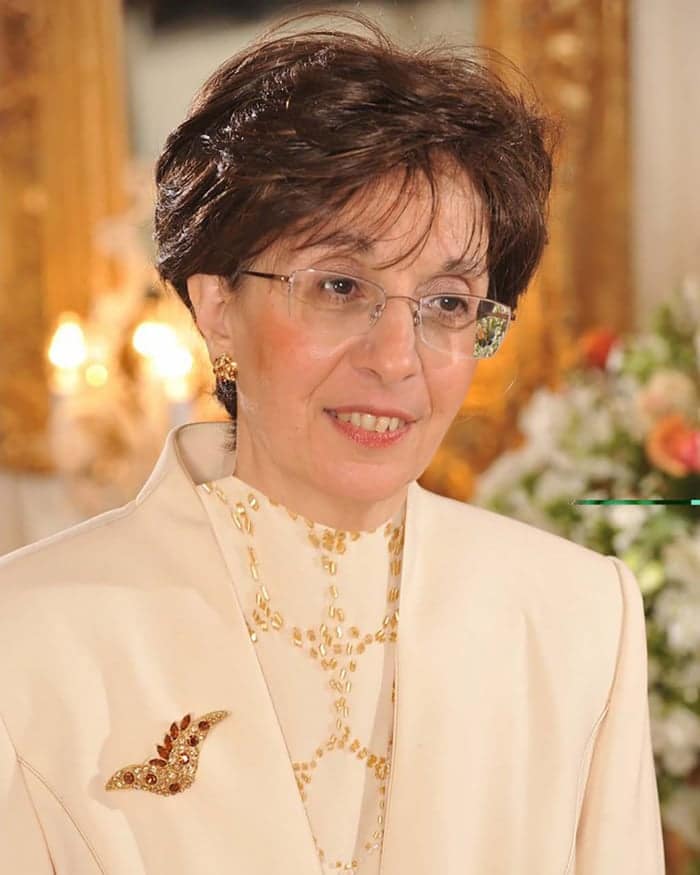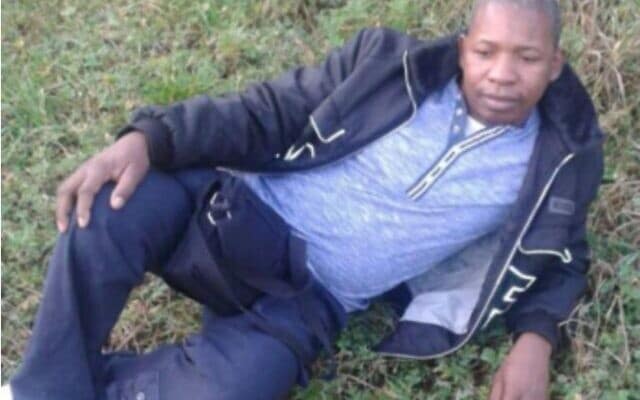
Last Wednesday, the highest court in France ruled that the man who murdered a Jewish elderly woman, Sarah Halimi, will not stand trial because he was under the influence of cannabis. The decision comes over four years after Kobili Traoré killed Halimi, who was in her 60s, at her apartment in the Belleville neighborhood of Paris.
Now, activists and Jewish folks have taken to social media, using the hashtags #JewsDontCount and #JeSuisSarahHalimi to share their outrage.
There will be no social media outrage about this, no street demonstrations, no cultural traction for change. Because #jewsdontcount https://t.co/sFMVKNwON7
— David Baddiel (@Baddiel) April 15, 2021
According to them, the French justice system gave Jewish people a message: their lives don’t count.
We are appalled that France’s top court of appeals won’t prosecute Kobili Traore, who brutally murdered Sarah Halimi in an antisemitic attack in Paris 4 years ago. This shameful miscarriage of justice devalues Jewish lives everywhere and must be condemned. https://t.co/MftdMk6oKZ
— Conf Of Presidents (@Conf_of_Pres) April 14, 2021
Even French President Emmanuel Macron has spoken out and is urging for a change.
Understanding Halimi’s murder
Sarah Halimi was a retired physician and mother of three. Kobili Traoré, an immigrant from Mali, was her neighbor, and is a known drug dealer, heavy pot smoker, and known criminal with 22 prior convictions.

On April 4, 2017, Traoré, entered by force into the apartment of a neighboring family. Traoré seemed so agitated and aggressive that the entire family locked themselves in a bedroom and the father called the police.
“Through the door, they said they could hear the intruder reciting verses of the Quran,” a 2017 news story reported.
Traoré stepped over the family’s balcony and climbed into Halimi’s apartment, which was situated in the neighboring building.
He proceeded to enter Halimi’s apartment and neighbors report hearing Traoré beat Halimi, crying out “Allahu akbar,” God is great, and “devil” in Arabic.
By that point, a group of policemen had already reported to the scene. Afraid they faced a terror attack, they waited for an elite squad to arrive before intervening. By the time they took action, it was too late. They found Halimi, horribly disfigured, thrown out of her third-floor balcony.
Why won’t Traoré stand trial?
On April 14, 2021, more than four years later, the highest court in France refused to prosecute Traoré. They say he committed the killing after succumbing to a “delirious fit,” caused by intoxication from cannabis. According to them, this makes him not legally responsible for his actions.
The highest court — The Court of Cassation — does not re-litigate the facts of a case. It only verifies that lower courts have correctly applied the law.
In its ruling, the court said that under French law, “a person is not criminally responsible if suffering, at the time of the event, from psychic or neuropsychic disturbance that has eliminated all discernment or control,” over the acts.
“The law, as currently written, does not distinguish between the reasons for that person’s condition. Even someone who, like Traoré, enters a delirious state because of voluntary drug use cannot be tried,” a New York Times article reported.
This verdict means Traoré will not face any trial, confirming the past two rulings from lower courts.
Not a one-off: The rise of antisemitism in France
Almost a year after Halimi was killed, an 85 year-old Holocaust survivor, Mireille Knoll was stabbed to death in her Paris apartment. In that case, prosecutors recognized the killing was a hate crime.
“French Jews have been repeatedly targeted by jihadists over the past decade. In 2012, an Islamist gunman, Mohammed Merah, shot dead three children and a teacher at a Jewish school in the southern city of Toulouse. In 2015, Amedy Coulibaly identified customers as Jews at a kosher Paris supermarket before killing four of them. He declared he was murdering the people he hated most in the world: “the Jews and the French,'” explained New York Times columnist Roger Cohen.
“France has hesitated to question its system. The lone-wolf explanation of violence, its attribution to psychotic episodes rather than Islamist networks breeding in the Cités, spared the nation self-examination. It was easier to speak of a single delirious mind than a delirious anti-Semitic mind, even if the core of the delirium was often this: Jew as devil,” Cohen wrote in a story.
In 2019, Marc Weitzmann, a French journalist and author, wrote a book titled “Hate: The Rising Tide of Anti-Semitism in France (and What It Means for Us).” In his book, he discussed research, psychological evaluations, and police reports from Halimi’s case. In every step, the French system failed Jewish people.
According to a psychiatric report Weitzmann cited, it was Halimi’s mezuzah which amplified Traoré’s outburst.
Public Outrage
Last year in January, French President Emmanuel Macron said there is a “need for trial” even if the judge decided there was no criminal responsibility. He was widely critized at the time for ‘failing to respect the independence of the justice system’.
Dozens of French senators, reacting to the case, have proposed a revision of the law making it so that psychic disturbance cannot exonerate someone whose troubled mental state is induced by a narcotic, according to this New York Times report.
“Deciding to take narcotics and then ‘going mad’ should, not in my view, remove your criminal responsibility,” Macron told Le Figaro in an interview. “I would like Justice Minister (Eric Dupond-Moretti) to present a change in the law as soon as possible.”
Traoré has been in psychiatric care since Halimi’s death and he remains there after the ruling.
His lawyer, Patrice Spinosi, said that while he could “obviously understand the victims’ frustration, there will not be a trial.” The law “in its current state” does not allow perpetrators to be tried in such circumstances.
Jewish activists took to Twitter, using the hashtags #JewsDontCount and #JeSuisSarahHalimi to share their outrage.
For Sarah Halimi, there will be no outrage just as there will be no justice.
— Isaac de Castro 🦁 (@isaacdecastrog) April 14, 2021
Why?
For the same reason she was murdered: she was a Jew.
Here’s how to get away with murder: 1) move to France. 2) roll a joint https://t.co/OJh62O2Zv4
— Roya Hakakian (@RoyaTheWriter) April 14, 2021
Je suis #SarahHalimi z"l
— Chloe (@chloetsila) April 14, 2021
I will shout her name like it is mine.
I will tell her story like it is mine.
I will propel her Jewish identity at the center of conversation like it is mine.
I will demand justice for her like I would want others to do for me.
I will fight, will you?
“It’s a bad message for French Jewish citizens,” said the lawyer for Halimi’s brother, Muriel Ouaknine Melki.
Following the verdict, lawyers representing Halimi’s family said they plan to refer this case to the European Court of Human Rights.
Originally Published Apr 20, 2021 12:03AM EDT
